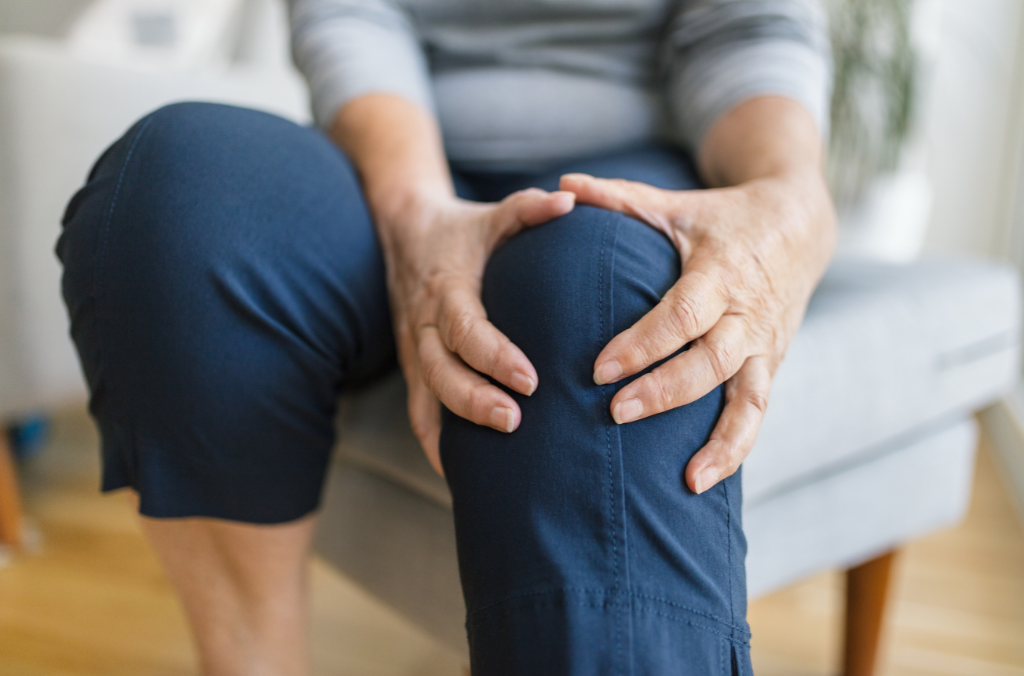
Osteoporosis is a common concern among seniors, especially women, as it can lead to fragile and brittle bones, making them more susceptible to fractures. However, there are numerous strategies and lifestyle changes that seniors can employ to maintain strong bones and prevent fractures. In this article, we will explore essential tips for preventing fractures and promoting bone health in later life.
Understanding Osteoporosis in Seniors:
Osteoporosis is a bone disease characterized by reduced bone density and quality, resulting in an increased risk of fractures. It is particularly prevalent among seniors due to age-related bone loss and hormonal changes.
Strategies for Preventing Fractures and Promoting Bone Health:
1. Bone Density Testing: If you haven’t had a bone density test, speak with your healthcare provider about the need for one. This test measures bone density and can help assess your fracture risk.
2. Medication Management: If prescribed, take osteoporosis medications as directed by your healthcare provider. Be sure to communicate any concerns or side effects with your provider.
3. Calcium and Vitamin D: Ensure you’re getting adequate calcium and vitamin D in your diet, as they are crucial for bone health. Dairy products, leafy greens, and fortified foods are good sources.
4. Weight-Bearing Exercise: Engage in weight-bearing exercises like walking, dancing, or low-impact aerobics. These activities help strengthen bones and improve balance.
5. Strength Training: Incorporate strength training exercises into your routine, focusing on building muscle and bone strength. Resistance bands or free weights can be used for these exercises.
6. Fall Prevention: Minimize the risk of falls by making your home safer. Install handrails, remove clutter, and ensure proper lighting to reduce the risk of tripping and falling.
Additional Approaches to Reduce Fracture Risks and Enhance Bone Health:
7. Footwear: Wear supportive and comfortable footwear that reduces the risk of falls. Shoes with non-slip soles and good arch support are essential.
8. Alcohol Moderation: Limit alcohol consumption, as excessive alcohol can weaken bones. The recommended limit is one drink per day for women and two drinks per day for men.
9. Tobacco Cessation: If you smoke, quitting is beneficial for bone health. Smoking can reduce bone density, so seek support and resources to help you quit.
10. Bone-Friendly Nutrition: Consume a diet rich in nutrients that promote bone health, including foods high in calcium, vitamin D, and vitamin K. Leafy greens, fish, and fortified foods are excellent choices.
11. Regular Check-Ups: Attend regular medical check-ups to monitor your bone health and overall well-being. Your healthcare provider can make necessary adjustments to your treatment plan.
12. Medication Adherence: Take prescribed osteoporosis medications as directed and communicate any issues or concerns with your healthcare provider.
Support System:
Maintain a support system that includes family members, friends, or a support group for individuals managing osteoporosis. Sharing experiences and seeking advice from others can provide emotional support and motivation.
Preventing fractures and promoting bone health in later life is crucial for seniors. By following a comprehensive plan that includes bone density testing, medication management, a calcium-rich diet, exercise, and fall prevention, you can effectively protect your bones. Remember that you are not alone in this journey, and there are resources and communities available to help you achieve better bone health.
